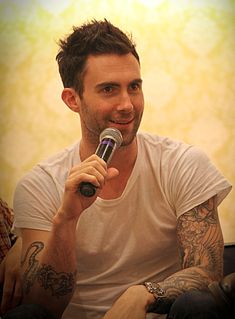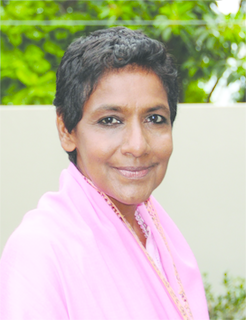A Quote by Nathan Fillion
My brother used to say that when you deal with women, it's difficult to remove emotions from an argument. I never really knew what he meant. Then I read an article that said when it comes to emotion and logic, men's and women's brains are different - my brother was right! Women are very mysterious, but that's part of their joy.
Related Quotes
This is a generalization, but I think women's brains are more accessible to ideas and differences. And they can accept stuff that's weirder. I think there are enough intelligent men out there who get it, but women will watch behavior that's different and process it better. In general, women are less threatened by their emotions.
Women have always been more critical of marriage than men. The great mysterious irony of it is - at least it's the stereotype - that women want to get married and men are trying to avoid it. Marriage doesn't benefit women as much as men, and it never has. And women, once they are married, become very critical of marriages in a way that men don't.
In politics, the definition of a real man is different from, I would say, outside Washington or outside the establishment. I don't think that's even arguable. But human nature is what it is, and men (straight men) want women. And it's always a challenge. It's never a piece of cake. You're rejected. You know Woody Allen? One funny thing he really said. Somebody said, "Woody, what has success meant?" He said, "It means being rejected by a higher class of woman." Life is filled with rejection. Men - nobody - women, they don't like rejection.
Men are not as sophisticated as women. They're not as mature as women. They're not as connected with their emotions as women...There's a very Neanderthal quality that still exists in a lot of men... And if you're in the public eye, to me, it's very boring to say what you have to say and be media trained to the extent that you don't ever reveal any truth. There was a time in my life when I lived probably a bit more on the primal level. And it was amazing.
I also really loved the friendship between these two women, and watching these two very different women working in this gritty male environment. That was really the reason that I wanted to be a part of it. And, I went in and met with the producer and the director that did the pilot, Mike Robin, and read with them. And then, I did a read with Angie Harmon, who was already cast. From the moment we read together, it just clicked. It was as easy as that.
Women are different from men in major, major ways. I have found more courage in women than you could ever find in men, and I love men, in terms of father, brother, everyone, disciples, students etc. Yet men have certain powers of compassion that are hard-pressed to be found in a woman to that degree.
Whenever Muslim women protest and ask for their rights, they are silenced with the argument that the laws are justified under Islam. It is an unfounded argument. It is not Islam at fault, but rather the patriarchal culture that uses its own interpretations to justify whatever it wants. It utilizes psychology to say that women are emotional. It utilizes medical science to say that men's brains are formed in such a way that they are better able to understand concepts. These are all hypotheses. None of this has been proven.
If you're creating a slave situation, you would almost never bring women. And if we look at Slavery for example, we look at the Greeks and the Romans, right? It was always men. They never brought any women. Because women carry the seeds of the revolution, right? And if you have the men by themselves, then you can do what the French did with the Blackfeet, which is breed them out.
So in 1924, Eleanor Roosevelt really gets a sense of what the limits of the battle and the contours of the battle are going to be. The men are contemptuous of the women, and the women really need to organize. She writes an article which becomes an article she writes in different ways over and over and over again: Women need to organize. They need to create their own bosses. They need to have support networks and gangs so that they are a force.
Women's tennis has been around for a very long time - we're talking about the 1800s. But women's soccer hasn't had such a long history, so now they're right at the beginning of really trying to make things equal. We need to continue not only to advocate for women but to have men advocating for women.
Naturally my stories are about women - I'm a woman. I don't know what the term is for men who write mostly about men. I'm not always sure what is meant by "feminist." In the beginning I used to say, well, of course I'm a feminist. But if it means that I follow a kind of feminist theory, or know anything about it, then I'm not. I think I'm a feminist as far as thinking that the experience of women is important. That is really the basis of feminism.




































